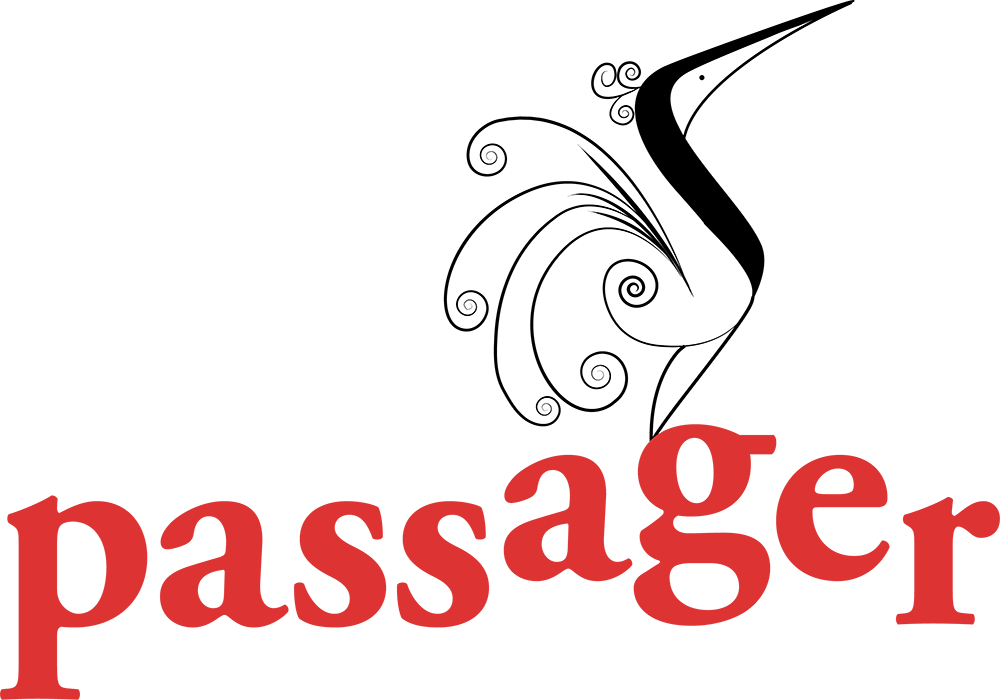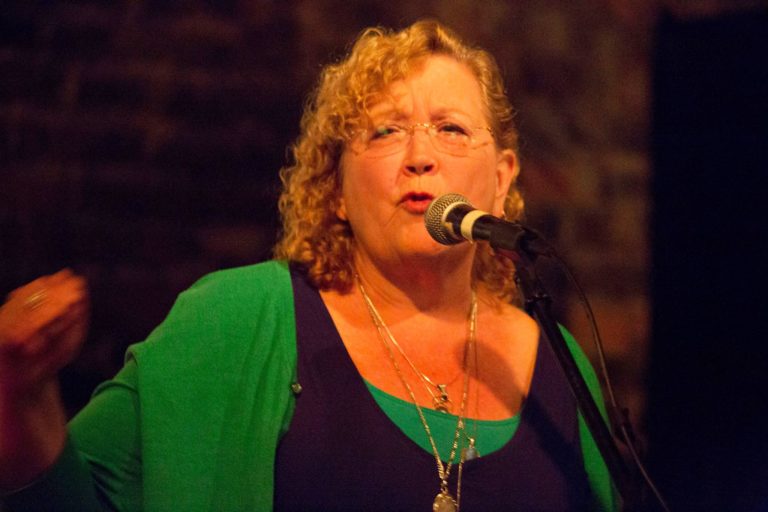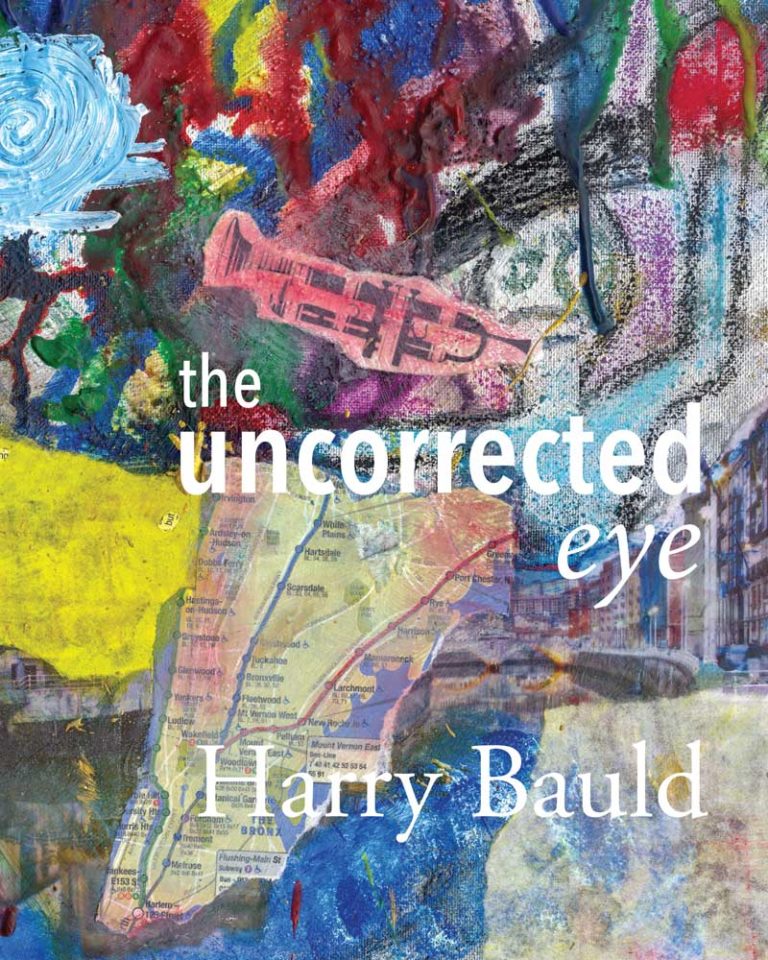Mothers




Mother memories, with poems by Gilbert Arzola, Wilderness Sarchild, Wendy Elizabeth Ingersoll and Daniel Carpenter.
8 minutes
TRANSCRIPT
This episode is all about mothers: different versions of mothers, different ways that their kids perceive and respond to them . . . in life and in death.
Gilbert Arzola won the 2019 Passager Poetry Contest. Here’s his poem “My Mother’s Hands” from his book Prayers of Little Consequence.
My mother’s hands too young for her face
yield to dreams, bend like tall grass,
resigned to this:
a three-room tenant house and three ragged sons.
My mother’s hands methodical with her chores
carve at an ordinary day.
Her youngest plays by the door
indifferent to the winter wind impossibly cold
passing through it.
Too young to understand.
Too young, too young.
He doesn’t know better and so
he is happy.
My mother’s hands choked by circumstance
live another life away from this place.
“My Mother’s Hands,” Gilbert Arzola.
Wilderness Sarchild wrote this poem about her mother, titled “I Won’t Be Like My Mother.”
Did I tell you my mother attached herself to a telephone pole
while screaming at my father for having an affair—which he did,
but it was many years before?
Or that my father called the police and they took her
to a psych ward where she became a guinea pig
for random combinations of psychotropic drugs?
Did I tell you she had been a science teacher,
a long distance walker, a doting grandma,
a fashionista, and could cut a mean rug on the dance floor?
Did I tell you she never forgot how to dance
even though she no longer recognized the man
that she was dancing with?
Did I tell you she wouldn’t eat unless vanilla soft serve
was mixed in with every bite of meat and potatoes
that my father spoon fed her?
Did I tell you it took three attendants to change her diapers
because all five feet and ninety pounds of her
threw prize fighter worthy tantrums?
Did I tell you she punctured her rectum
because she no longer knew how to wipe herself?
And that her toenails got thick and yellow and long
and strong as steel and when I tried to cut them,
I had to run to the toilet and puke?
Did I tell you how angry I am that she did this to me?
Did I tell you how heartless I know that sounds?
Did I tell you I’m afraid this will happen to me?
Did I tell you I’m afraid this will happen to me?
Did I tell you I’m afraid this will happen to me?
Did I tell you I have a plan?
Wilderness Sarchild’s poem “I Won’t Be Like My Mother” from her book Old Women Talking.
Wendy Elizabeth Ingersoll said her mom was physically and emotionally tough, but she was also very vulnerable. Here’s her poem “the trail.”
Like an iron spring the winter hours
condense and expand unthinkable seasons beyond
the moment my mother died. Did I tell you
she climbed from Georgia to Maine, carrying her backpack
and attitude? Did I say she pitched her tent in a hurricane
while I watched from the car?
She laughed when rain turned our beds into a stream’s,
scorned when we choked on freeze-dry stew,
gaped when we refused to hike. What peak
was she assaulting? At seventy
she marched her grandsons down and up the Canyon
in a blizzard. She spurred so hard she’d pant and gasp for
hours before she’d rest her heart. She spurred so hard
her husband climbed down mountains backwards
to spare the cartilage in his legs. She spurred
so hard her daughters wouldn’t walk with her
the last unfinished miles of trail,
haven’t yet returned to her stone,
carry still their brittle need, knees
buckling, love quivering like the air
does not before a dead person’s lips.
“the trail,” Wendy Elizabeth Ingersoll from Passager’s 2010 Poetry Contest Issue.
Daniel Carpenter said that when he finally opened the vault of memories about his mother, “out poured vivid details that captured and returned to me a woman more than a half century gone, unveiling a poem that felt less like an artifact than an inheritance.” We’ll end with his poem, “The Leaving Never Leaves.”
She was heiress to hard labor,
daughter of refugees from starving Ireland
whom history’s winds cast
to Ohio River country
to dig coal and find new churches
to which to haul the burden of their sins.
I have little memory of her, this
Mary Catherine Mulherin Carpenter,
without an apron –
steaming pots, wringer washing machine,
useless mopping of blackened linoleum.
I didn’t know the fine feral toothy girl
my dad still shamelessly kissed and pawed in our presence.
But even he with his hungry touch
worked her.
Five kids, two miscarriages in their nine years,
and then the cancer, which made the mop a crutch
and finally robbed me of her,
my grief more like outrage, selfish pique,
at one more impoverishment.
A boy cheated of a mom
has lived without her
longer than she lived,
and has reaped from life
more than she could imagine.
Yet poverty never will leave him,
not when her leaving him left him
with so little of her.
What he has he keeps close,
sewn in the pocket against his heart:
her outsized smile, her toil-damp hair,
her reddened hands turning Dick and Jane.
Yes, he says, she left all I need:
She taught me words, and I repay her
and will spend them and spend them upon her
buying back our lives.
“The leaving Never Leaves” by Daniel Carpenter from Passager’s Spring, 2023 issue.
And speaking of Mother’s Day, Passager has just released its new book of poems, Mothernest, by Sandy Longley. Sandy is a mother-poet who sees the world through her nurturing, protective instincts. Next week’s Burning Bright will feature four poems from Mothernest. Celebrate with Passager by purchasing a copy of this beautiful book today.
To buy Mothernest, Gilbert Arzola’s Prayers of Little Consequence, Wilderness Sarchild’s book Old Women Talking or one of our archived issues of Passager, or to subscribe to or learn more about Passager and its commitment to writers over 50, go to passagerbooks.com.
For Kendra, Mary, Christine, Rosanne, and the rest of the Passager staff, I’m Jon Shorr.
Due to the limitations of online publishing, poems may not appear in their original formatting.



